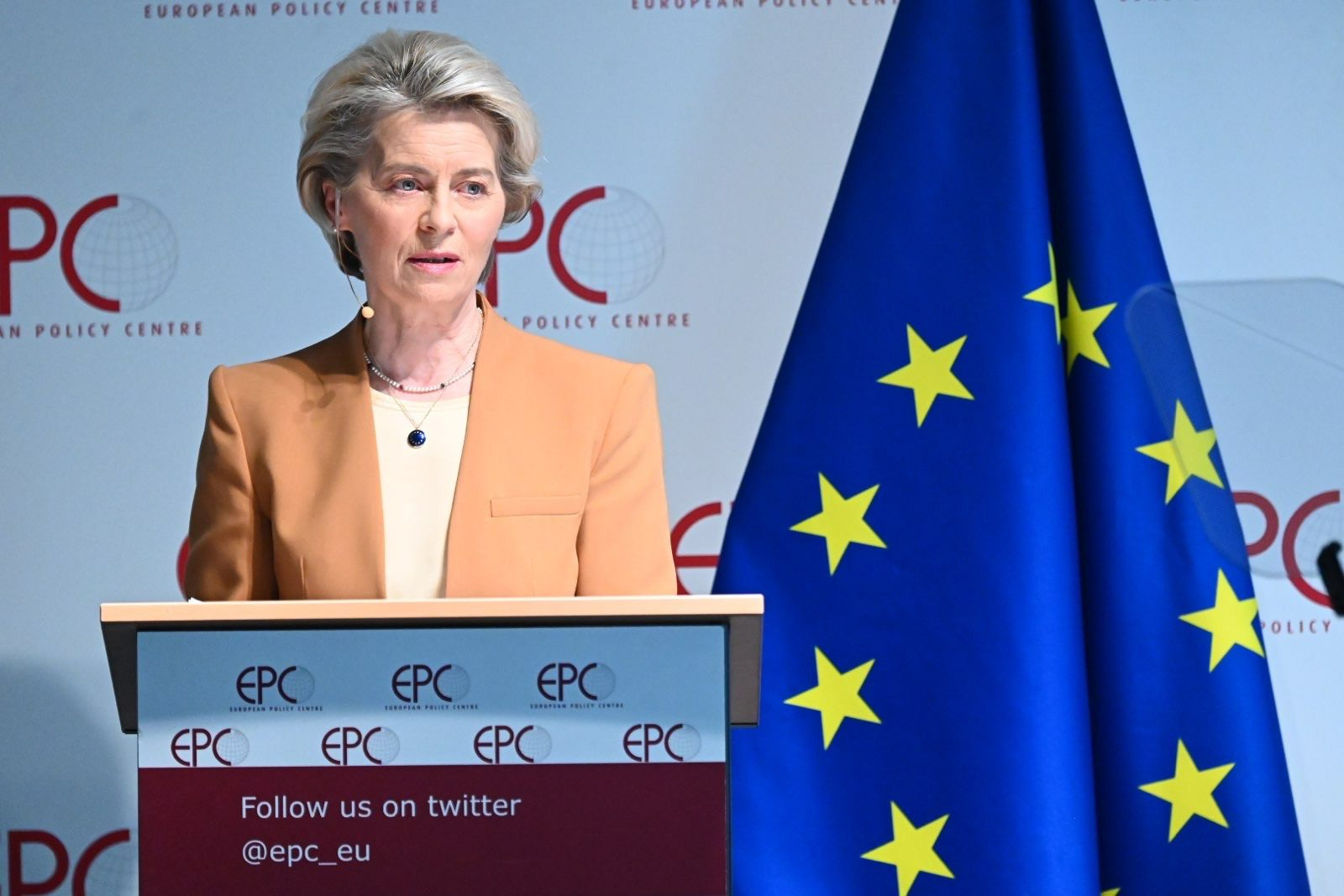
Commission President Ursula von der Leyen outlined a cautious approach to future EU-Chinese relations at a meeting of the influential European Policy Centre Thursday, March 30th. There is growing discord among member states over the bloc’s future orientation with China, intensified by pressure from the United States for the EU to reduce dependency on Beijing.
Von der Leyen praised Chinese economic growth even while she highlighted European concern over China’s return as a world power, observing that relations had hardened post-COVID. President von der Leyen referenced Xi Jinping’s visit to Moscow last week, noting China’s wish to become the dominant partner in Sino-Russian relations.
The recognition of Taiwan is a major sticking point between the EU and China, with Beijing taking a hard stand against any EU nation that acknowledges Taiwanese independence. China imposed sanctions on Lithuania last year for opening a de facto Taiwanese embassy, with most of the EU adhering to a One China Policy that refuses to treat Taiwan as fully independent.
Von der Leyen warned against complete decoupling from Beijing, stating that relations could be repaired by working on common interests, like trade and fighting climate change. She admitted that Chinese state capitalism would continue to be a stumbling block, since it proved a challenge to the liberal order. But instead of decoupling, she said that the EU would pursue a “de-risking” strategy towards China with individual assessments made on future interactions.
The Commission president also defended new protectionist measures designed to reduce dependency on China, saying, “the imperative of security and control now trumps the logic of free markets.”
The Net-Zero Industry and Raw Materials Acts stipulate that the EU must safeguard domestic production and natural resources for the green transition, with critics warning that Brussels is too exposed to China.
Von der Leyen will travel to Beijing next week with President Macron to iron out issues with Chinese counterparts. China watchers have warned of the need for Europe to prepare for uncertain times ahead with the advent of global multipolarity and the risk of tensions with China spiralling out of control.
